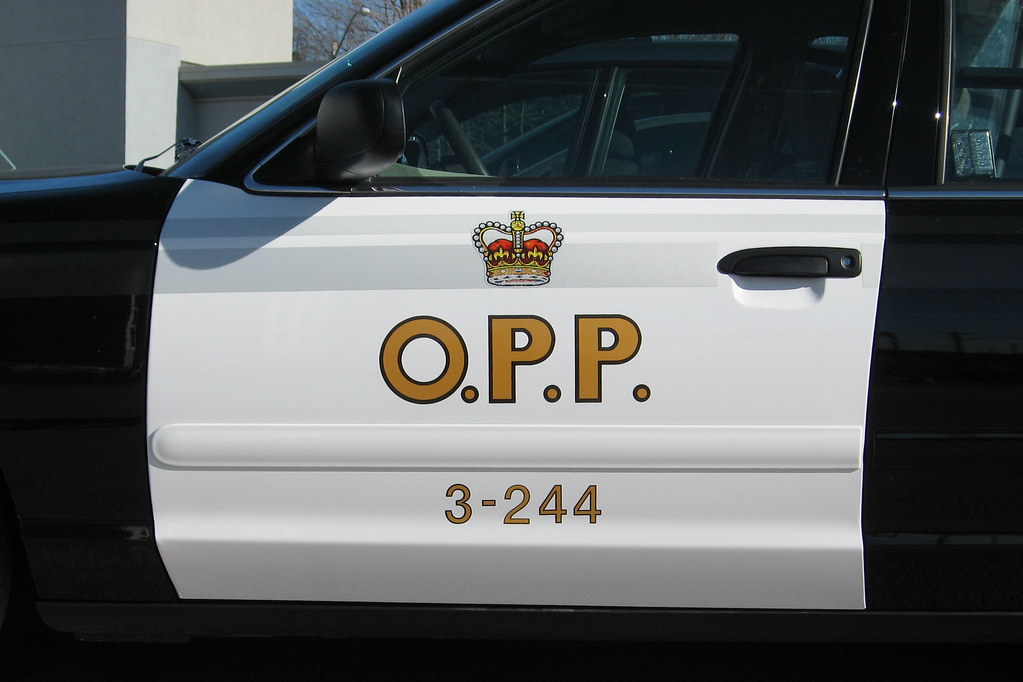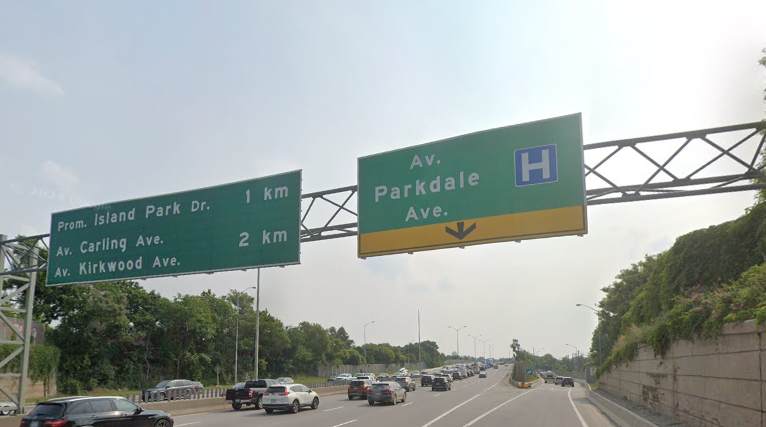Protest convoy truck noise caused hearing loss, woman tells Emergencies Act inquiry
Posted Oct 14, 2022 04:30:00 PM.
An inquiry into the federal government’s use of the Emergencies Act got a blaring introduction today to life in Ottawa during the 'Freedom Convoy' protest as the deafening chorus of big-rig horns was played for the commission.
The first witness, a legally blind resident of downtown Ottawa, flinched as a recording of the horns resounded in the conference room for the benefit of the commissioner, lawyers, protest convoy organizers and members of the public.
The witness, Victoria De La Ronde, told the commission the protest that arrived in Ottawa in late January was an “assault on my hearing,” which she relied on to navigate the city independently.
“I found myself trapped,” said De La Ronde, who was left feeling hopeless and unable to leave her home.
She became emotional as she told the commission she eventually begged a friend to pick her up and help her leave the convoy zone. A few days later she and her friend both contracted COVID-19.
In the days after the protest ended, De La Ronde said, she could still hear phantom horns blaring in her head. Even now, the sound of a car horn ripples through her body, fraying her nerves, she said.
The commission is examining the evolution and goals of the protest, the effect of misinformation and disinformation on the convoy, and the efforts of police before and after the emergency declaration.
Zexi Li, a 22-year-old public servant who filed a court injunction to stop truckers from continually honking their horns during the protest, also shared her experience with the commission.
“It didn’t feel safe, my guard was up all the time,” Li said of her experience walking the streets of Ottawa during the protest.
Li launched a class-action lawsuit against organizers of the convoy on Feb. 3, and an Ontario court granted her an injunction four days later to stop the horn honking.
On Feb. 14, the federal Liberals invoked the Emergencies Act for the first time as protesters opposed to COVID-19 public health measures and the Trudeau government occupied downtown Ottawa streets and blockaded border crossings.
Invoking the law temporarily granted police extraordinary powers and allowed banks to freeze accounts, which the government argues was critical to ending the protests.
Both Li and De La Ronde described feeling sleep-deprived by the constant noise rising from the street.
Evidence provided to the commission showed the noise levels outside their homes reached 100 decibels at times — about as loud as a lawn mower.
De La Ronde and Li are among 65 witnesses, including Prime Minister Justin Trudeau and convoy organizers, expected to testify before the commission.
Catherine McKenney, who is running for mayor of Ottawa, and fellow city councillor Mathieu Fleury are scheduled to appear today. Both were representing wards significantly affected by the convoy of large trucks that blocked streets and prompted many businesses to shut their doors.
Fleury said ahead of his testimony that he was a part of daily calls with officials during the convoy protest, and was often “quite disappointed with the lack of plan and lack of information that was shared with us.”
“There wasn't much more information than what was provided to the public.”
Fleury, who has a young family, also said he faced threats, including people in pickup trucks who came to his home and shouted at him. “Ultimately, we just moved out and reported the incident.”
He told The Rob Snow Show with guest host David Smith on Oct. 14 that he will do his very best to convey the impacts of the 'Freedom Convoy' has on residents and businesses in the downtown core.
“I plan being a voice for residents who don;t have direct access to the commission and share what happened in those 24 days in our neighbourhoods,” he said.
During the first day of commission hearings Thursday, a lawyer representing Ottawa police said the force had little time to prepare for the protests, and could not have predicted the resulting effects on the city.
David Migicovsky, legal counsel for the Ottawa Police Service, said there were well-established processes in place to deal with protesters, but they didn’t work during the 'Freedom Convoy.'
He said none of the intelligence reports predicted the “level of community violence and social trauma that was inflicted on the city and its residents.”
Listen to the full interview with Coun. Mathieu Fleury below:
This report by The Canadian Press was first published Oct. 14, 2022.
With files from CityNews Ottawa.










